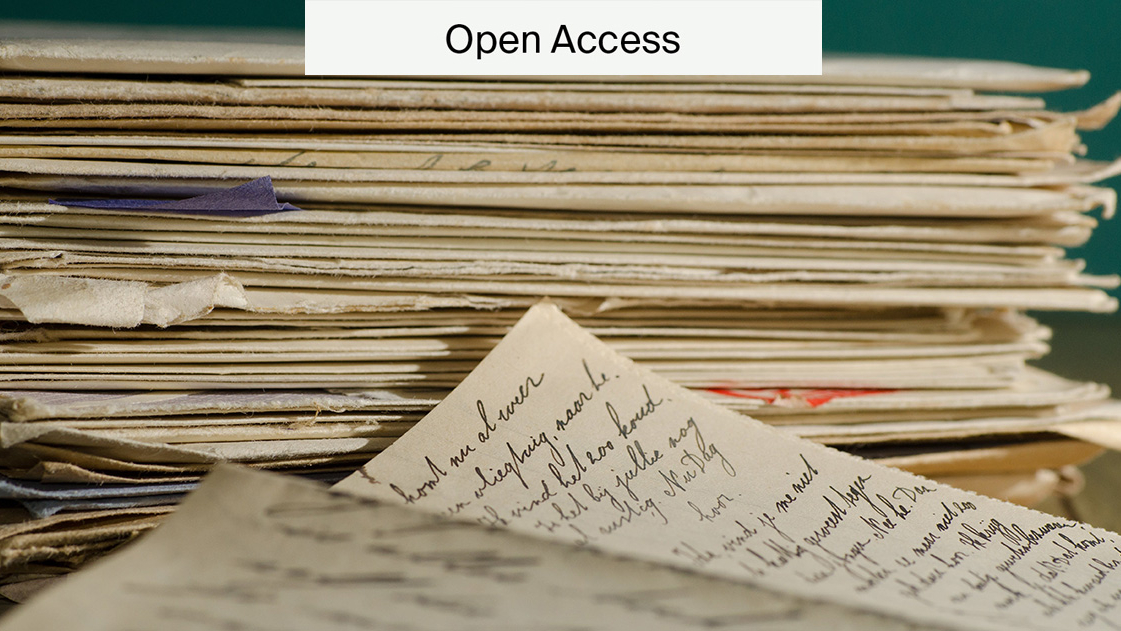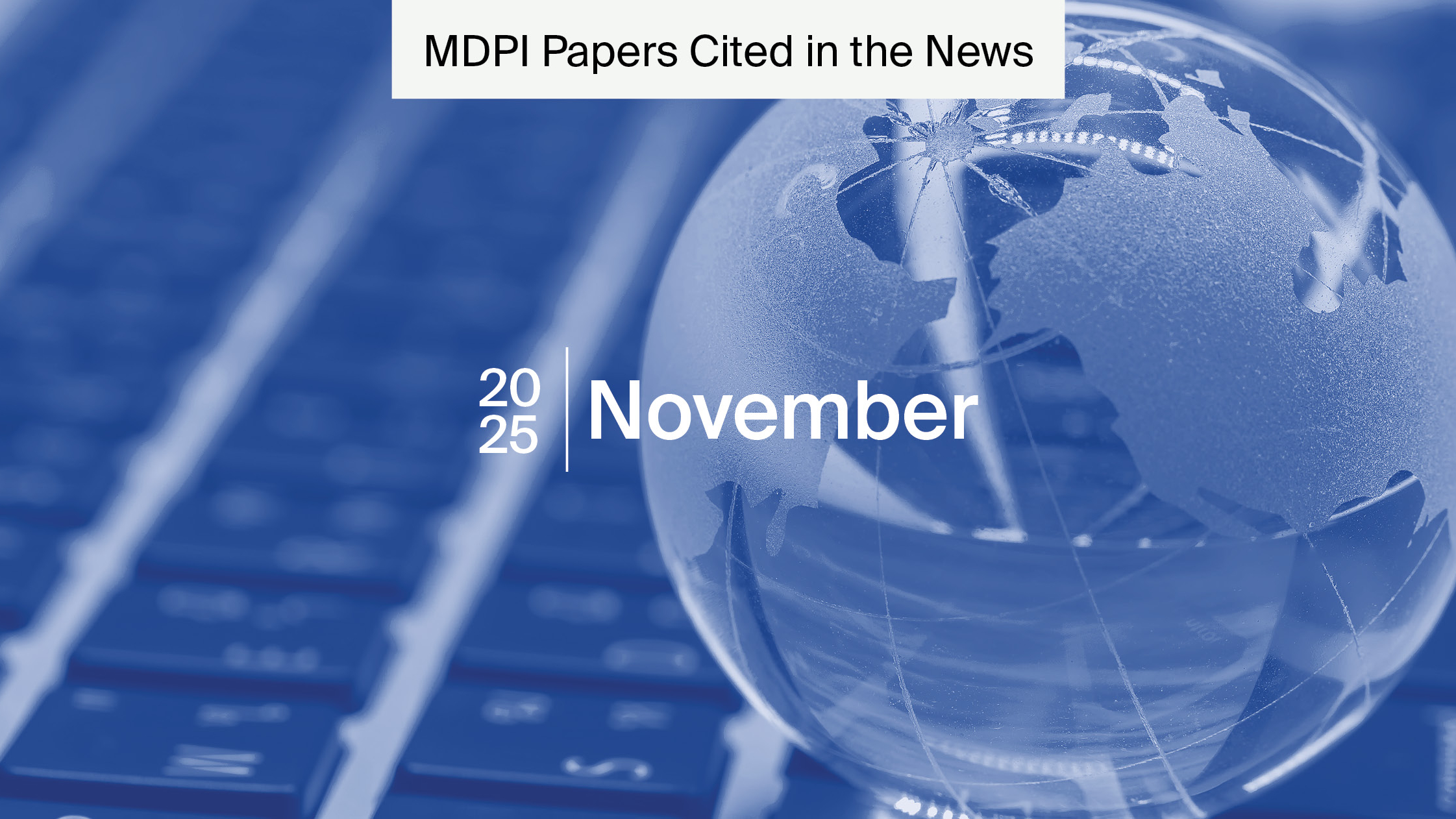
Author Services Guide To Writing An Effective Abstract
Many high-impact research papers share a common feature: a well-crafted abstract. The abstract is the first introduction readers have to your paper, so this often determines whether they will read the rest of your research.
Here, we provide a guide to help you write a high-quality abstract to attract readers to your research.
What should an abstract accomplish?
An abstract is essentially a short advertisement of your paper. It should summarise the main points and findings of your research concisely, providing an overview that readers can quickly and easily understand.
Abstracts should save interested researchers, who have to read through many different papers to find the information they need, time and effort by giving them an overview of the research. They are a big consideration in journals’ decisions to publish articles or not. Thus, a good abstract will increase your chances of publication success.
How should I structure my abstract?
As abstracts have to include densely packed, important information, they should follow a clearly defined structure to ensure all of the key points are covered.
Background
The first thing to include in an abstract is the context in which your research was conducted. What gaps in the field does your research bridge? What is the problem you encountered that led to your study?
The background should provide the justification for your research, i.e., the problem you are solving.
Objective
Outlining the problem will lead you naturally to the goal of your research. This should be clearly defined to the reader, so they know precisely what it is you want to accomplish. A clear aim will allow them to judge whether your research has been successful or not.
Methods
The methodology of most studies is long and complex, making it difficult to condense into a few sentences. However, the abstract should outline, very concisely, the main features of what was done and how.
It is the job of the author to determine the most relevant details to best understand the process and not overcomplicate with superfluous detail.
Results and conclusion
Similar to the methods, the salient findings and conclusions should also be covered briefly and accurately. You should highlight the results that will allow the reader to understand your conclusions. The conclusions should in turn directly answer the research question—do your results prove or disprove your hypothesis?
What are the common problems when writing an abstract?
Writing an abstract requires slightly different skills than writing the rest of your paper. Below are some common mistakes authors make in abstracts that could reduce the impact of their research.
Technical language and abbreviations
Abstracts are read by a wide range of people, not necessarily just those from your field. It is therefore important to avoid overly technical language and unfamiliar abbreviations that will confuse the reader and alienate them from your research.
It is thus important to consider the reader’s perspective: think about what terms are necessary for understanding your work and clearly explain what they are. Eliminate any jargon that isn’t essential for understanding, ensuring that the reader isn’t overwhelmed with detail.
Lack of structure
The main purpose of an abstract is to guide your reader through the key elements of your research—the background, research question, methods, findings, and conclusions. It is thus necessary to order the information logically and clearly so the reader can follow your line of thinking.
Abstracts that do not follow a clear progression will cause confusion. Each sentence should develop the case for your research, following on logically from the previous one.
Level of detail
One problem authors face when writing an abstract is reaching an adequate level of detail. Oversimplification may result in your work not being taken seriously, but on the reverse too much may overwhelm a reader and put them off your research.
Simple but accurate language ensures that your research is communicated effectively and can be understood without being an expert in the field. This will give your work much wider appeal, and thus improve its impact.
Support for writing your abstract
When it comes to writing your abstract, a checklist may be beneficial to ensure you’ve covered the main findings of your study. Ask yourself what are the important takeaways that your reader should come away with and express them as concisely as possible.
By focusing on clarity, simplicity, and structure, you can craft an abstract that not only attracts the attention of your intended audience but also improves the chances of your work being published and recognized across the academic community.

If you’re preparing your research for publication, our professional Specialist Service provides comprehensive academic support by PhD-level experts in your discipline. This service includes a thorough report from a Specialist Editor, covering every section of your manuscript, with detailed feedback on structure, terminology, clarity, and more.
With over 60,000 papers edited and a 97% satisfaction rate, our team of experienced English editors is dedicated to helping you achieve publication success. Our services are available to researchers publishing with any journal. Get a free quote today by visiting the link above.










